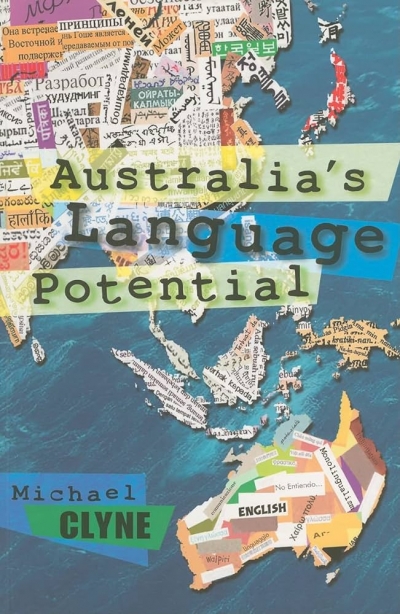Accessibility Tools
- Content scaling 100%
- Font size 100%
- Line height 100%
- Letter spacing 100%
Language in Australia
The ABR Podcast
Released every Thursday, the ABR podcast features our finest reviews, poetry, fiction, interviews, and commentary.
Subscribe via iTunes, Stitcher, Google, or Spotify, or search for ‘The ABR Podcast’ on your favourite podcast app.
The red thread: Xi Jinping’s ideology of power
by Neil Thomas
This week on The ABR Podcast, Neil Thomas reviews On Xi Jinping: How Xi’s Marxist Nationalism is shaping China and the world by Kevin Rudd. Thomas explains that even China watchers find it hard to be clear on the thoughts and plans of the leader of the Chinese Communist Party. They disagree, he tells us, on basic, critical questions, such as for how long Xi will rule. ‘Enter Kevin Rudd’, Thomas writes. ‘In his latest book, former prime minister Kevin Rudd adds a worthy new chapter to his life of public service, digesting thousands of pages of “Xi Jinping Thought” so that you do not have to’. Neil Thomas is a Fellow on Chinese Politics at Asia Society Policy Institute’s Center for China Analysis in Washington DC. Here is Neil Thomas with 'The red thread: Xi Jinping's ideology of power' by Neil Thomas, published in the December issue of ABR.
Recent episodes:
In this week’s ABR podcast, Amanda Laugesen asks what the word ‘bogan’ says about Australian culture and society. Laugesen, who is Chief Editor of The Australian National Dictionary, explains the history of the word and its derivatives, including boganity. Listen to Amanda Laugesen’s reading ‘On Boganism’, which appears in the November 2022 issue of ABR.
... (read more)Australia's Language Potential by Michael Clyne
Purists and lawyers, sit down. You may need smelling salts or whisky, according to taste. Ready? All right. I predict that your children, or perhaps your children’s children, will read in grammar textbooks that they is the third-person singular pronoun when referring to a person, as well as being the third-person plural pronoun. It will be confined to an animal or a thing.
... (read more)

